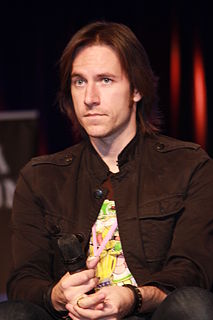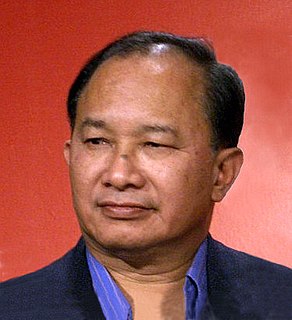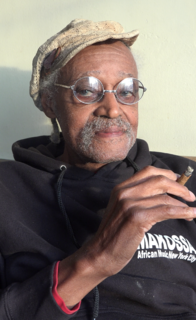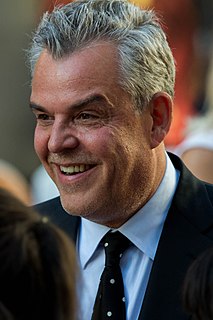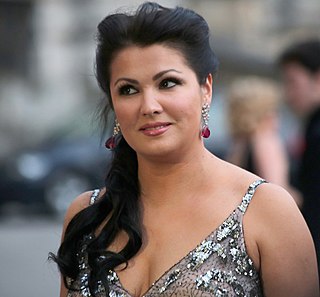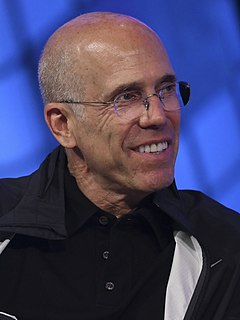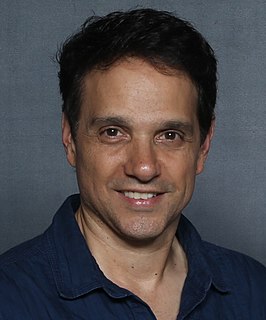A Quote by Abbas Kiarostami
Whether you consider me a master filmmaker or not, I do it with my intuition and my vision, my experience as a storyteller.
Quote Topics
Related Quotes
Guys like Spielberg and Zemeckis and really anybody who is a storyteller-filmmaker today has studied Hitchcock and the way he visually tells a story. He was the master of suspense, certainly, but visually you would get a lot of information from what he would do with the camera and what he would allow you to see as the story was unfolding.
When I left university I was sure that I was going to be a painter. Then I had a crisis, a revelation. I saw Dolce Vita and my mind was blown by it, by the synthesis. I realised I wanted to be a filmmaker and started making films. I was writing screenplays and couldn't get money because my work was so uncommercial. I got married and started writing fiction. What was wonderful is that it gave me my freedom because no-one can tell me I can't work. Novels have become equally important to me as films. I consider myself a storyteller and passionately engaged in both of those disciplines.
Working with Robert, Robert [Elswit] is a storyteller. He's not a cinematographer, he's a storyteller. And to me, that's the graduation I hope to get to in my profession. That I'm not just an actor, I'm a storyteller. And I think that takes a long time in, when you have one job on a movie set. Makeup artists, actor, whatever. To graduate from just that to storyteller.


